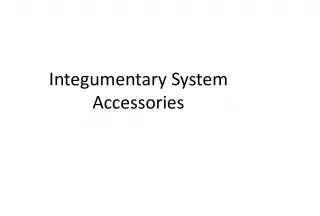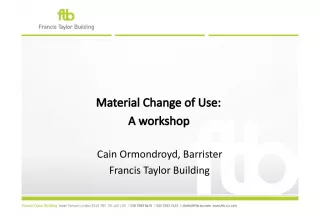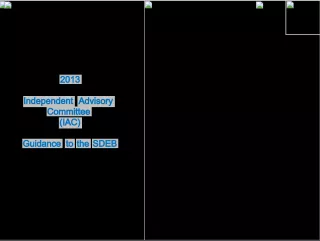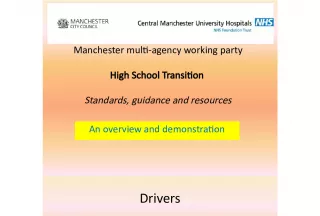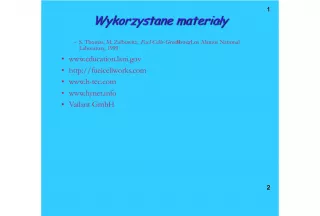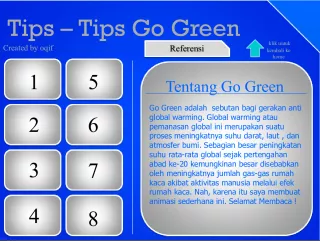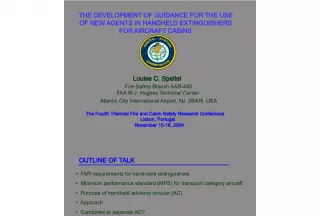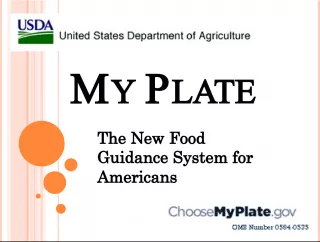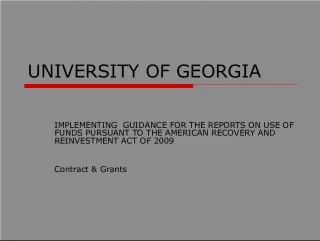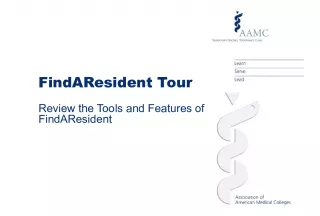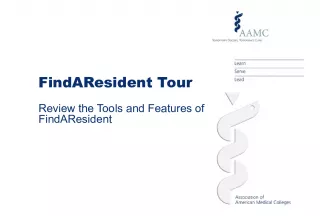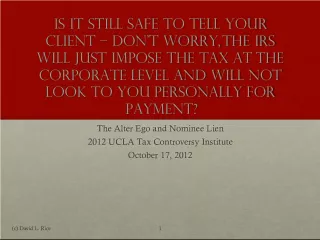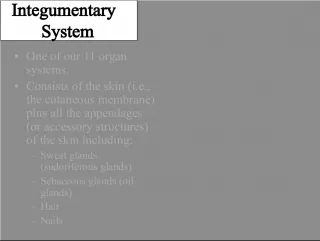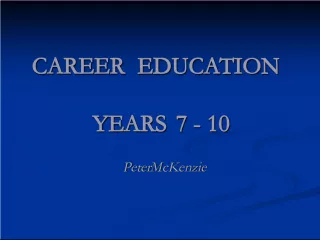Green Hair: Guidance for School Administrators and Lawyers
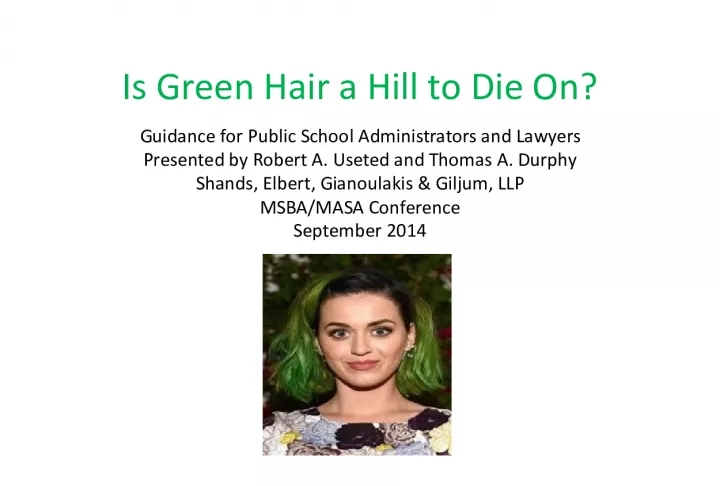

A comprehensive guide for public school administrators and lawyers on navigating controversial issues surrounding student expression and dress codes, presented by legal experts Robert A. Useted and Thomas.
- Uploaded on | 2 Views
-
 jaydenedwards
jaydenedwards
About Green Hair: Guidance for School Administrators and Lawyers
PowerPoint presentation about 'Green Hair: Guidance for School Administrators and Lawyers'. This presentation describes the topic on A comprehensive guide for public school administrators and lawyers on navigating controversial issues surrounding student expression and dress codes, presented by legal experts Robert A. Useted and Thomas.. The key topics included in this slideshow are . Download this presentation absolutely free.
Presentation Transcript
Slide1Is Green Hair a Hill to Die On?Guidance for Public School Administrators and Lawyers Presented by Robert A. Useted and Thomas A. Durphy Shands, Elbert, Gianoulakis & Giljum, LLP MSBA/MASA Conference September 2014
Slide2Appearance/Expression• Appearance restrictions: – Easier to justify, if based on 1. Modesty/decorum 2. Safety 3. Order 4. Cleanliness Harder to justify, if based on a desire to mandate conformity, although school “uniforms” with choices of style or color are generally upheld • Expression/speech or religion restrictions: much harder to justify [ Tinker standard of “substantial disruption of, or material interference with, school activities”]
Slide3Was Long Hair a Hill to Die On?Bishop v. Colaw , 450 F.2d 1069 (8 th Cir. 1971)
Slide4ModestyThis is a valid objective: See Wallace v. Ford , 346 F.Supp. 156 (E.D.Ark. 1972), which struck down regulations prohibiting girls’ wearing of jump suits, but said it would be OK to prohibit skirts worn more than 6” above the knee, or excessively tight clothing, on the basis of modesty
Slide5Decorum: For instance,sagging pants The good news: Bivens v. Albuquerque Public Schools , 899 F.Supp. 556 (D.N.M. 1995), holds that the school district did not violate First Amendment by enforcing its rule against wearing sagging pants, which suggests gang affiliation. The bad news: You just won a lawsuit !
Slide6Be careful about rules thatdisproportionately affect one demographic group or another Hard to justify banning this U.S. Army got into hot water with this
Slide7Hats/headwraps: Isaacs v. Board of Education , 40 F.Supp.2d 335 (D.Md.1999) • Banning hats is OK • Still OK to ban the wearing of headwrap even though it is cultural expression, but this is a closer case
Slide8•A ban that doesn’t make an exception for religious headgear probably unconstitutional; State ex rel. Burrell-El v. Autrey , 752 S.W.2d 895 (Mo.App.1988) Religious exception: • Menora v. Illinois High School Ass’n , 683 F.2d 1030 (7 th Cir. 1982) [can school ass’n dictate the method of affixing a basketball player’s Yarmulke?]
Slide9safety: it’s ok to base rules on safety, but they needto be narrowly tailored to the objective of safety
Slide10Order• You can ban hats (remember Isaacs case) • But let’s dump “hat day,” shall we?
Slide11Earrings• Yes, you just won another lawsuit: Olesen v. Board of Education , 676 F.Supp.820 (N.D.Ill. 1987) (OK to prohibit, as an “anti-gang” rule, male students wearing earrings; would the case be decided the same way today?)
Slide12Piercings• Here’s another won lawsuit: Bar-Navon v. Brevard County School Board , 290 Fed.Appx. 273 (11 th Cir. 2008) (holding that wearing of jewelry on tongue, lip, etc. not protected by First Amendment)
Slide13The Marilyn Manson t-shirt caseBoroff v. Van Wert City Board of Education , 220 F.3d 465 (6 th Cir. 2000), upheld the school’s ban on T-shirts depicting Marilyn Manson, on two grounds. First, Manson was/is regarded as an user and advocate of illegal drugs; secondly, one of the T-shirts depicted Jesus in a derogatory way. This is a two-to-one decision, and was obviously a close case.
Slide14OK to prohibit images ofcontraband
Slide15What about Political Critcism?• Guiles v. Marineau , 461 F.3d 320 (2d. Cir. 2006) • Student was suspended for wearing tee shirt • Staff member asked the student to cover up references to drugs and alcohol • Under the standard of Bethel School District No. 403 v. Fraser , 478 U.S. 675 (1986), the 2 nd Circuit held that the speech was protected and was not “vulgar, lewd, indecent, or plainly offensive.”
Slide16Flags• Ban “Old Glory”? • Under certain circumstances, yes. • In Dariano v. Morgan Hill Unified School Dist ., 745 F. 3d 354 (9 th Cir. 2014), the court upheld such a ban. • American Flag tee shirts were worn by students at a school- wide Cinco de Mayo celebration in a school with a history of gang clashes. • Here the court noted lesser alternatives were reasonable.
Slide17Flags• B.W.A. v. Farmington R-7 School Dist ., 554 F.3d 734 (8th Cir. 2009) • Similar to Dariano • History of racial incidents • Is this qualitatively “easier” than the American Flag issue? • Analyzed using the Tinker “materially and substantially interfere” standard.
Slide18When Is a Kilt More than a TartanPattern? • Male student wants to wear a kilt to prom or school • How do you respond? • How do you analyze your decision? • What if a female student made the same request?
Slide19The Tennessee (or Mississippi) Tuxedos• In McMillen v. Itawamba County School Dist. , 702 F.Supp2d 699 (N.D.Miss. 2010) • Administration would not allow two women to attend prom as each other’s dates or to wear tuxedos • The district canceled prom • The court held that the wearing of the tuxedo was a particularized message that was likely to be understood by others
Slide20Objects with Messages• B.H. v. Easton Area Sch. Dist, 725 F.3d 293 (3d Cir. 2013) • Considered the Bethel “plainly lewd” standard and found the bracelet did not fall within it. • Then looked at whether the speech could be seen by a reasonable observer to be “plausibly interpreted” as commenting on political or social issues
Slide21Objects with Messages• Can rosaries be banned? • Chalifoux v. New Caney Independent School Dist ., 976 F.Supp. 659 (S.D.Tex. 1997) looked at such a ban • Is there evidence of “material and substantial interference” with the operation of the school? • What about evidence of gang activity? • Consider a Farmington School District situation
Slide22Images with Messages• Stephenson v. Davenport Community School Dist., 110 F.3d 1303 (8 th Cir. 1997) • School suspended student for cross tattoo on her hand as gang related • The policy banned “gang colors, symbols, signals, and signs.” • Because “gang” was undefined the court found the policy unconstitutionally vague. • Additionally, there was no evidence of gang activity in the school or related to cross tattoos.
Slide23T-Shirts with Messages• Harper v. Poway Unified School Dist. , 445 F.3d 1166 (9 th Cir. 2006), vacated on other grounds , 2007WL632768 • High school had a history of clashes over Day of Silence • Student refused to remove shirt – spent the day in the office without disciplinary consequence • Court concluded that Harper’s t- shirt “colli[des] with the rights of other students” in the most fundamental way. Tinker . • School’s action to prohibit the shirt was appropriate
Slide24T-Shirts with Messages• Kuhr v. Millard Public School Dist. , 8:09CV363 (Neb. 2011) • Students wore t-shirts as a memorial to a friend who was shot • A dispute existed about whether the deceased student was in a gang and whether the t-shirt would incite gang members • The court denied the district’s motion for summary judgment and found that a jury could determine that the students’ First Amendment rights were violated.
Slide25Bonus Materials(Time Permitting)
Slide26Objects with Messages• In Virginia, the Floyd County High School removed copies of the 10 Commandments posted in students’ lockers • The ACLU of Virginia intervened • Argued that “there is a crucial difference between government speech endorsing religion, which the Establishment Clause forbids, and private speech endorsing religion, which the Free Speech and Free Exercise Clauses protect.” Bd. of Educ. of Westside Comm. Sch. v. Mergens , 496 U.S. 226 (1990). • Mergens protects against discrimination against student’s religious speech
Slide27Objects with Messages• Distribution of candy canes with a religious message by student club • Westfield High School Life Club v . City of Westfield , 249 F. Supp. 2d 98 (D. Mass. 2003) • Injunction granted against school • School argued that because it involved a club there was an improper endorsement of religion • Court distinguished Walz v. Egg Harbor Township Bd. of Educ, 187 F.Supp.2d 232 (D.N.J.2002) in which a kindergarten and 1 st grade student distributed pencils with religious message during instructional time.
Slide28Unanswered Questions• Are there any questions that anyone has, which has not been answered to this point?
